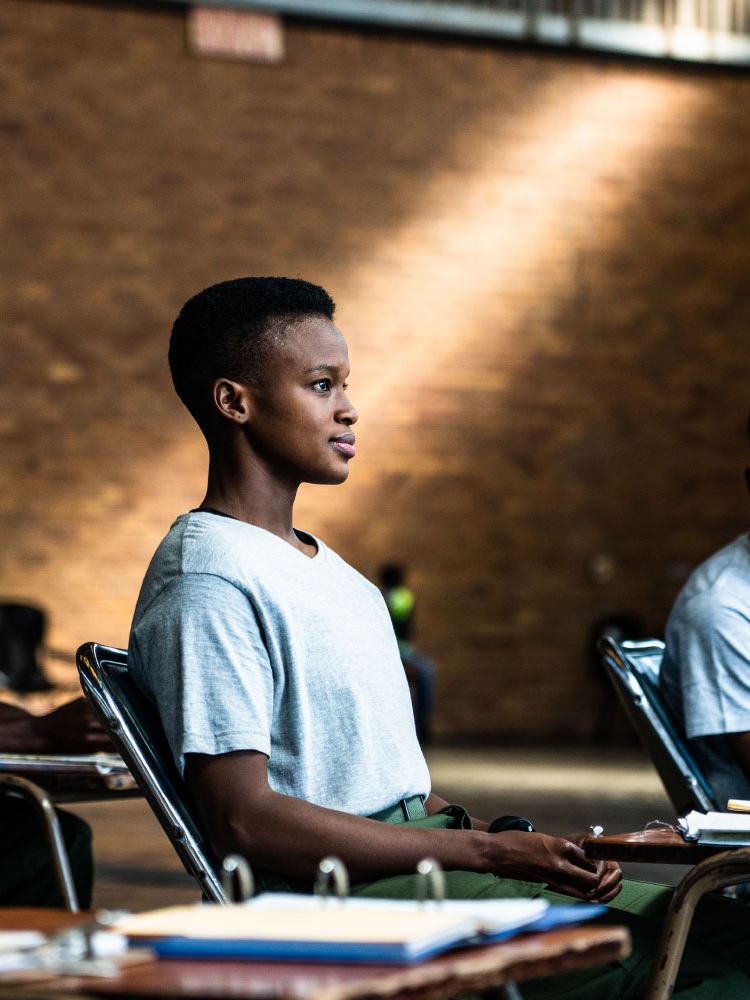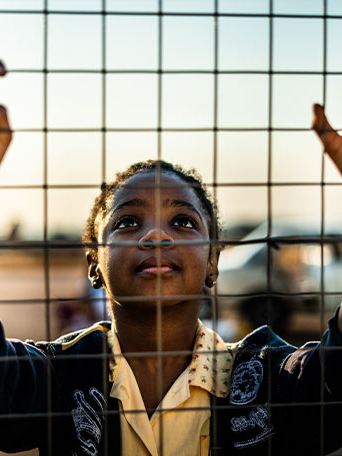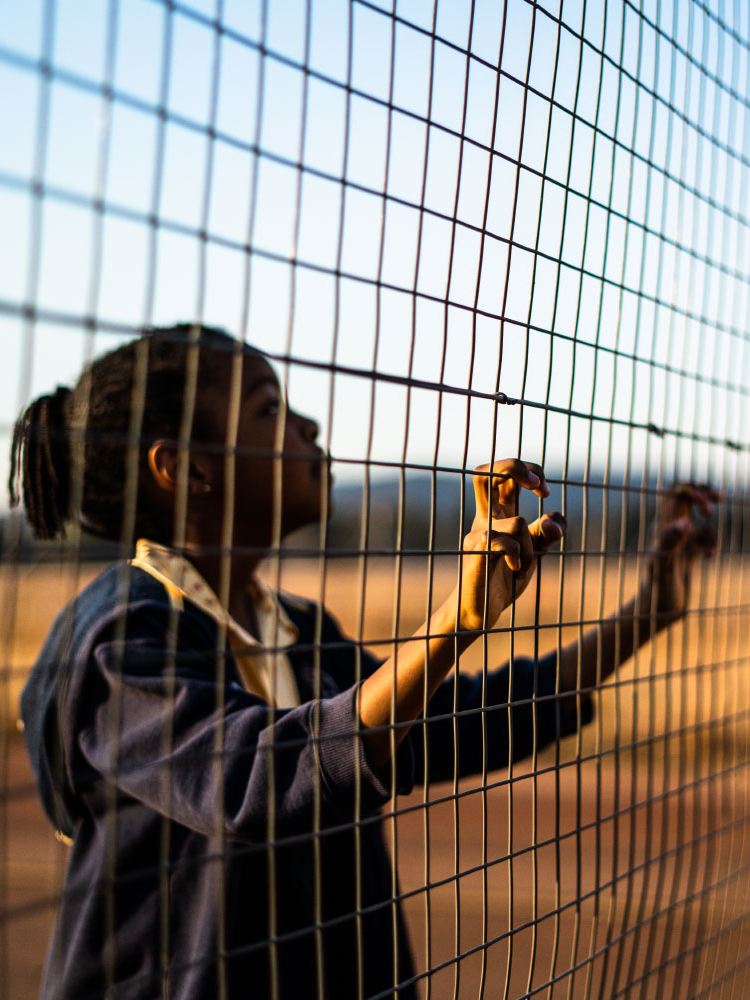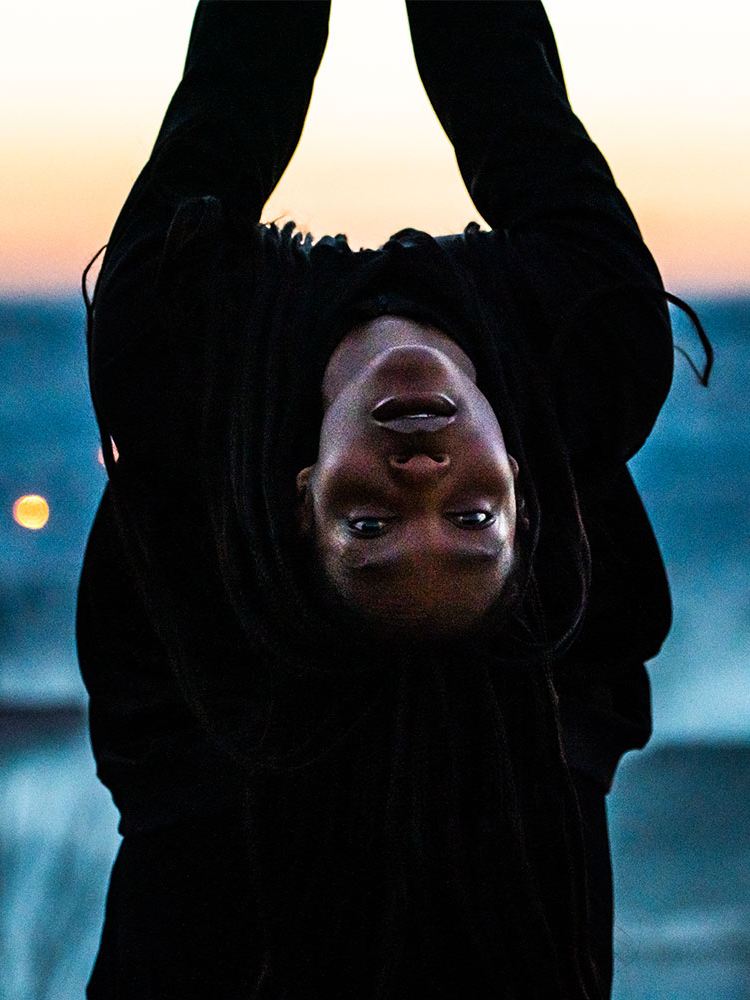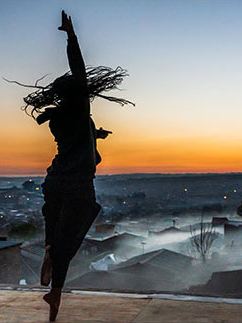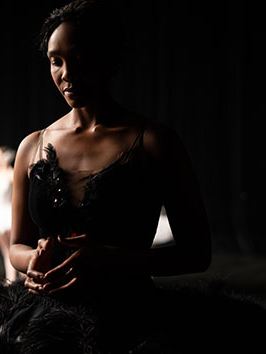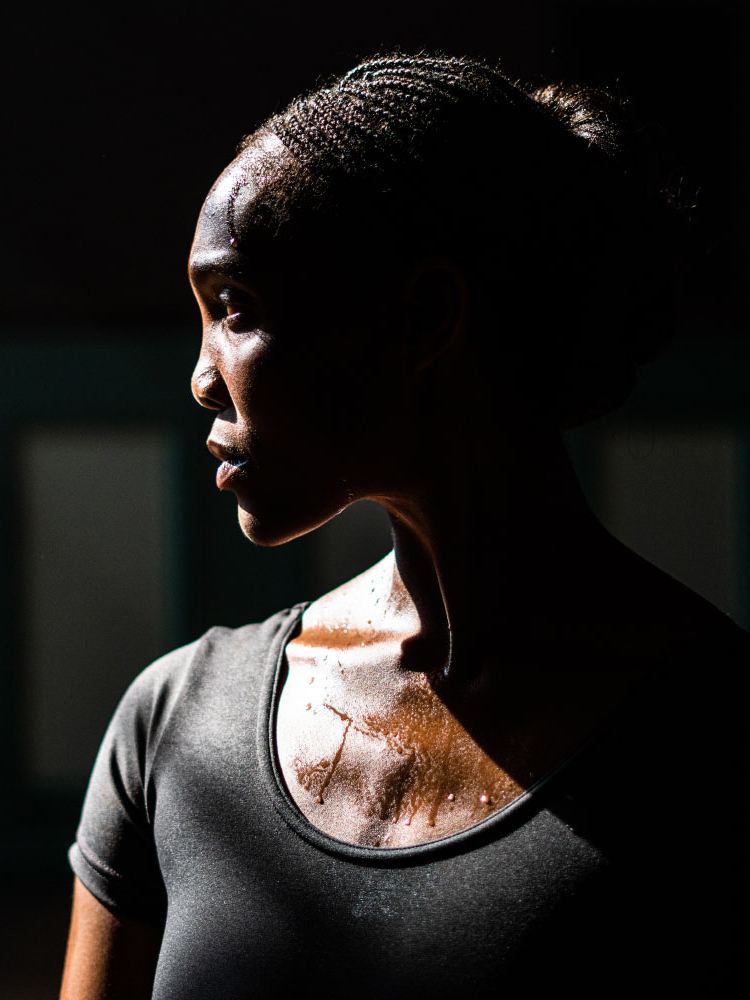The drive to defy
New T-Roc
Powerful characters make history. Defiant ones rewrite it.
#DrivetoDefy celebrates resilience, self-belief and the people
who embody those traits.
Powerful characters make history. Defiant ones rewrite it.
#DrivetoDefy celebrates resilience, self-belief and the people
who embody those traits.
Who do you think you are?
Society will try to answer this question for you – if you allow it. Yet there are people among us whose ambition and resilience have led them to defy social expectations. They fight stereotypes and prejudice at work. They face depression and self doubt at home. But still they rise. What powers them? A relentless drive to defy. To launch the new category-defying T-Roc, Volkswagen is celebrating the spirit of defiance that lives within us all. Embodying this drive, are six unstoppable individuals who were born to break conventions. From South Africa’s first black female combat pilot to a trailblazing ballerina who rewrote history. Every aspect of #TheDriveToDefy focusses on people who dare to take up space. Featuring Kitty Phetla, Major Mandisa Mfeka and the incredible artists who’ve worked behind the scenes to bring these stories to life. Together, they are our Defiant Ones. Experience their journeys for yourself.
Major Mandisa Mfeka
Defiance became by strength. My parents were both teachers. We couldn’t afford the flashiest clothes but they always prioritised our education. I didn’t just inherit a love for maths and science from them, but my survival instinct too. On a mission, you need to engage everything you have to the fullest.
Shutting out the noise and doubts can be the difference between life and death.
Even as an athlete, I had to push harder to achieve the same level of physical endurance as my male counterparts. It’s so much more than an academic exercise. Flying takes heart, mind and body. When we went to airshows as a family, I’d run up to the fence at flyovers. Seeing those jets soar overhead left me breathless.
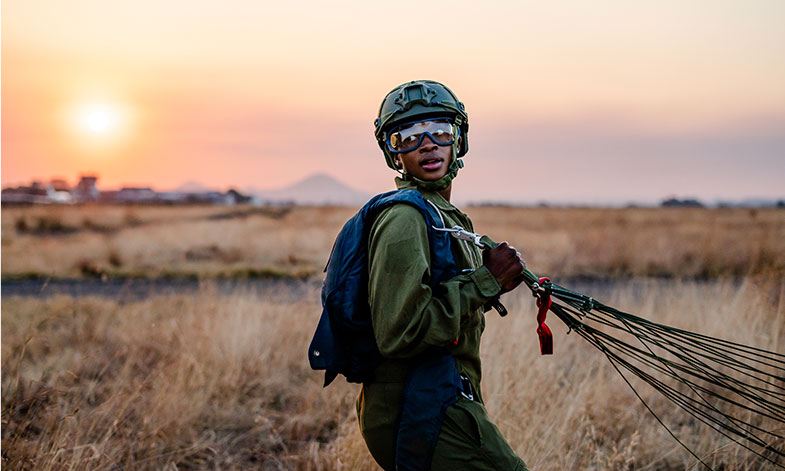
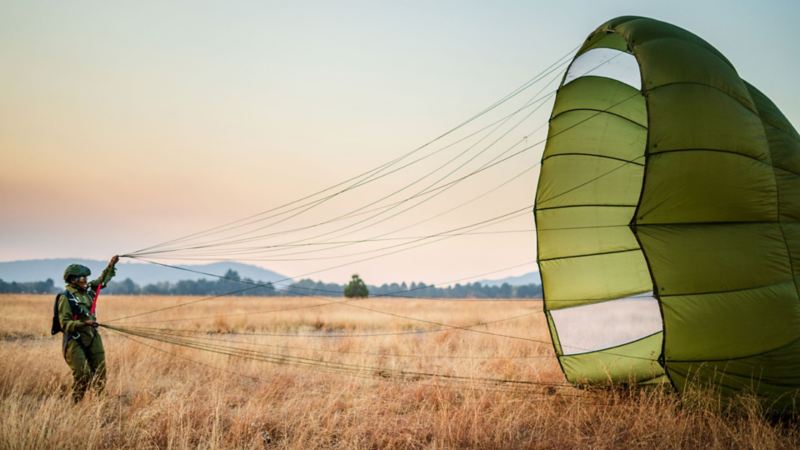
At the time, the fence didn’t seem insurmountable. It wasn’t a financial or social barrier. To that little girl, it was just like the trees or grownups who blocked my view temporarily. My head was already in the clouds and it felt incredible. I knew where I belonged. I knew my place was in the sky. It was only when I got older and saw the airforce from the other side, that I realised how much I had to overcome to get where I was destined to be. Black women still face a lot of resistance in roles that are more physically demanding. But if we push back twice as hard, together, no barrier will hold up.”
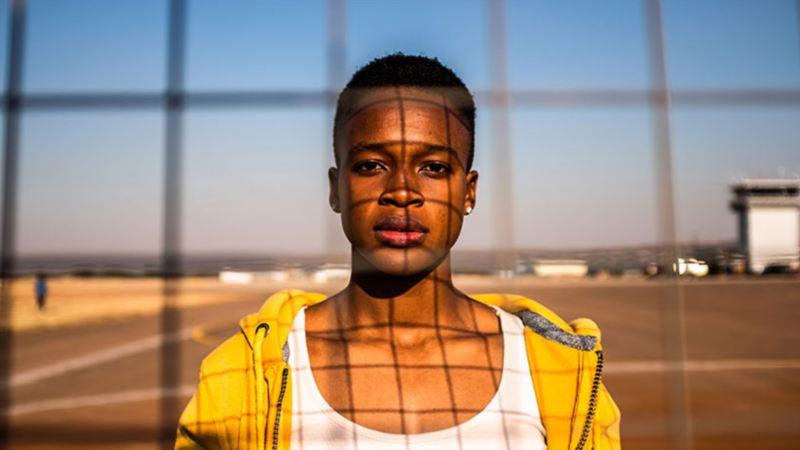
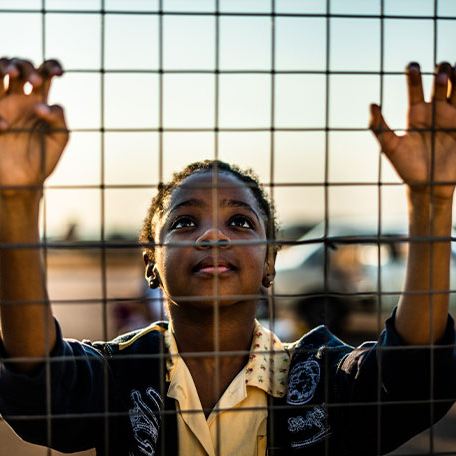
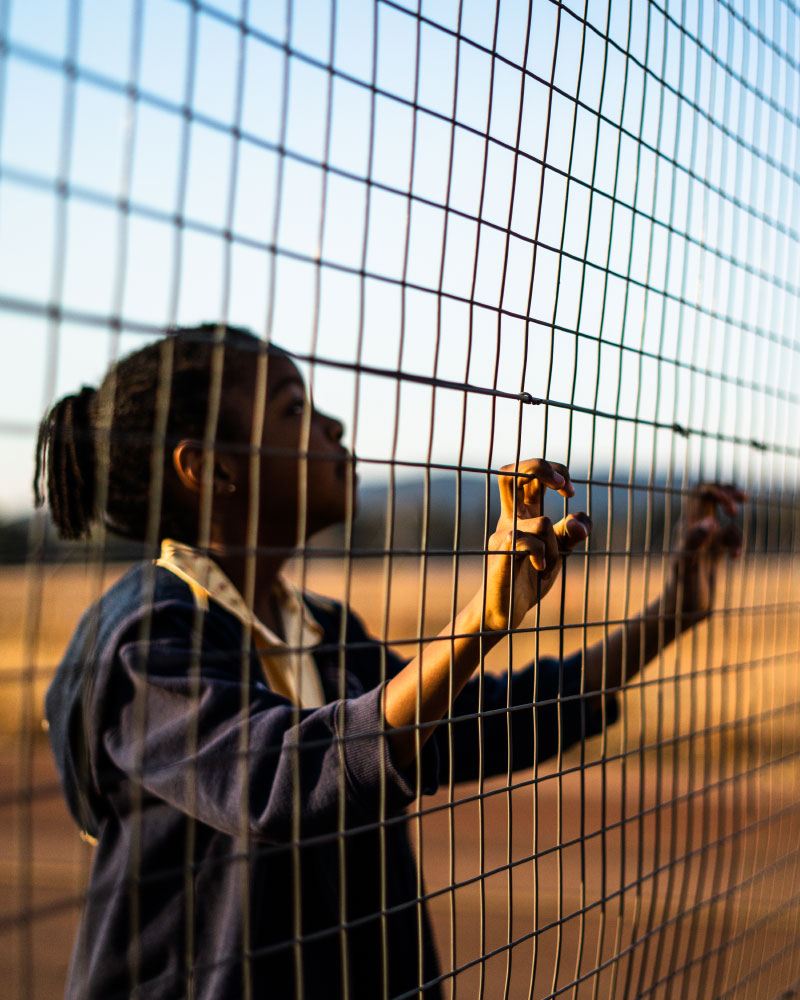
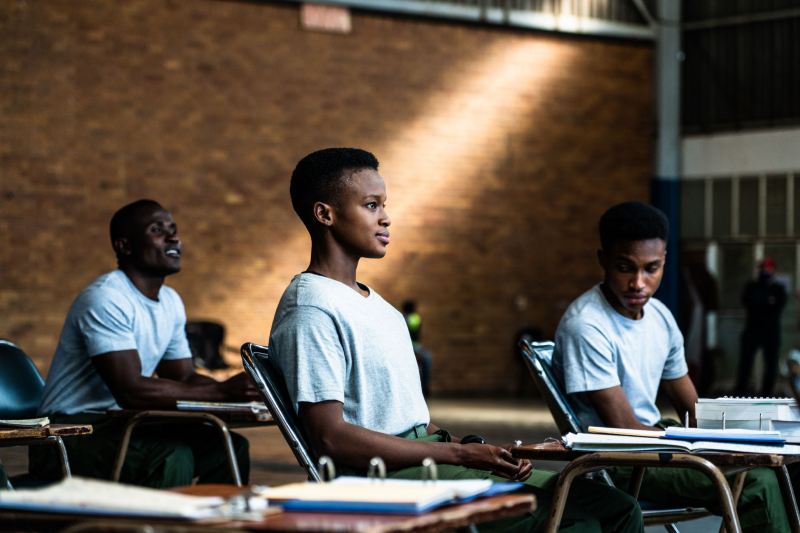
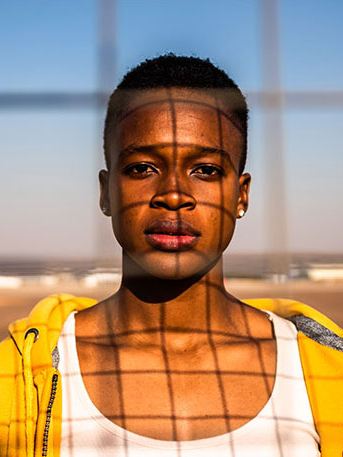
Kitty Phetla
It’s weird, I’ve never stepped off stage thinking, “Yes, I nailed that performance.” My head immediately starts to churn through what I could’ve done better. Mastery is impossible but that doesn’t mean you should stop striving for it. This whole experience feels intensely personal and surreal.
Shooting at sunset on the rooftop that morning was incredible. I felt infinite, powerful, but tiny at the same time. Creative energy is so much bigger than us. When I go on stage, a force flows through me. No ego, no Kitty – just the dance. I can’t see the audience but I feel their presence. When I was on stage in Russia, there was no fear. I was alone in this snowy, alien place yet I felt calm.
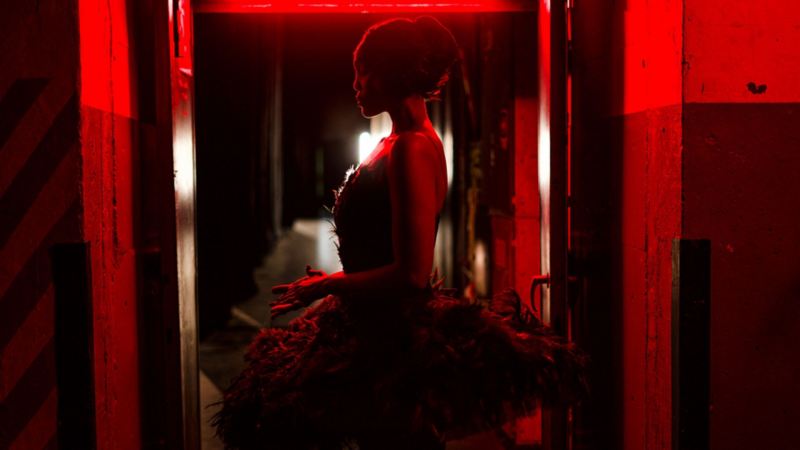
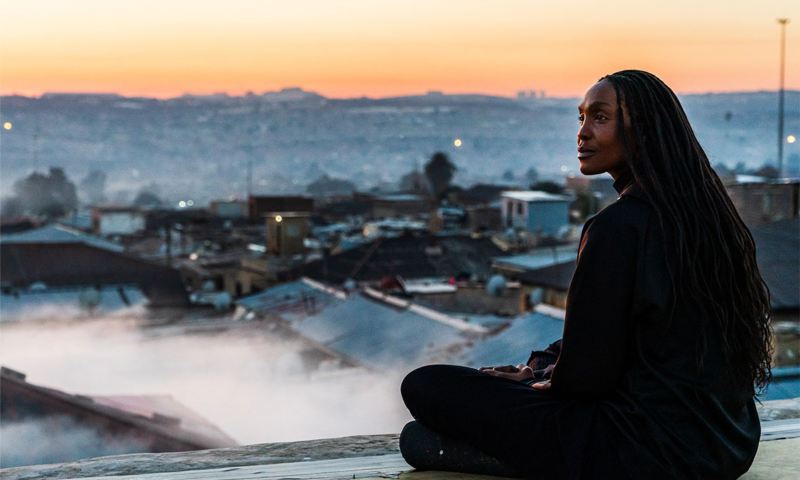
I performed ‘The Dying Swan’ in a black tutu made just for me. That was Martin’s vision. Suddenly it was okay not to fit in. It was better than okay.
As a mentor, he took a timid little girl and gave her the audacity to stand tall. That’s the sense of freedom I want to give my students. They should never believe that because they look a certain way, they can’t make their presence felt on a world stage. South Africa’s professional dance industry is small and wonderful. But it can also be brutal if you let other people get inside your head too much. Listen, respect, visualise, execute.
Put passion aside and be honest about what you don’t know. Remember where you come from. That’s the strength I carry with me wherever I perform. I’m a proud Alex girl. My ancestors, my mom, brother and a higher power, I believe they’re all looking out for me. I want them to be proud of the person they see.”
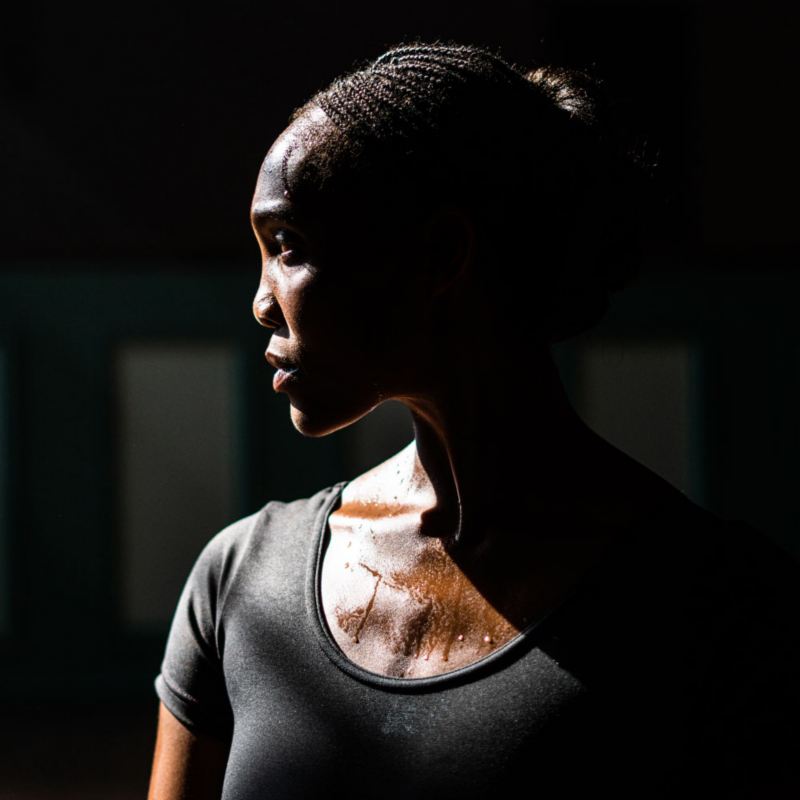
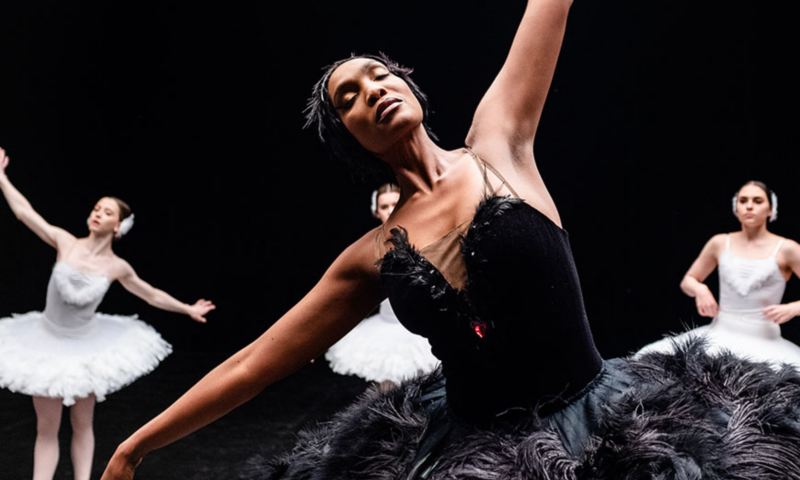
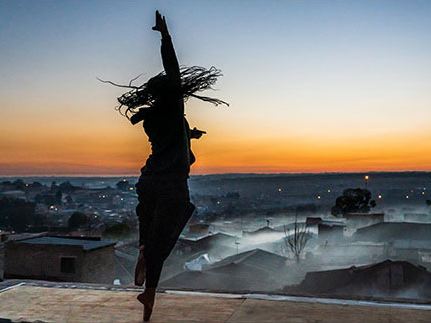
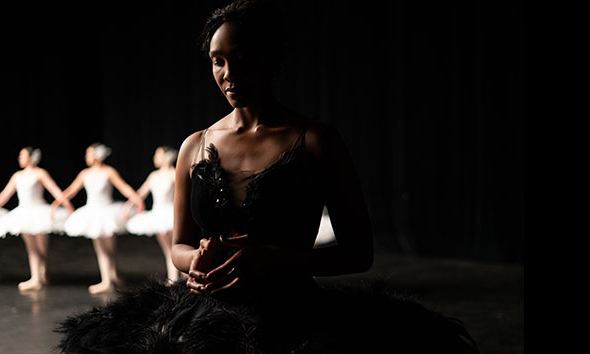
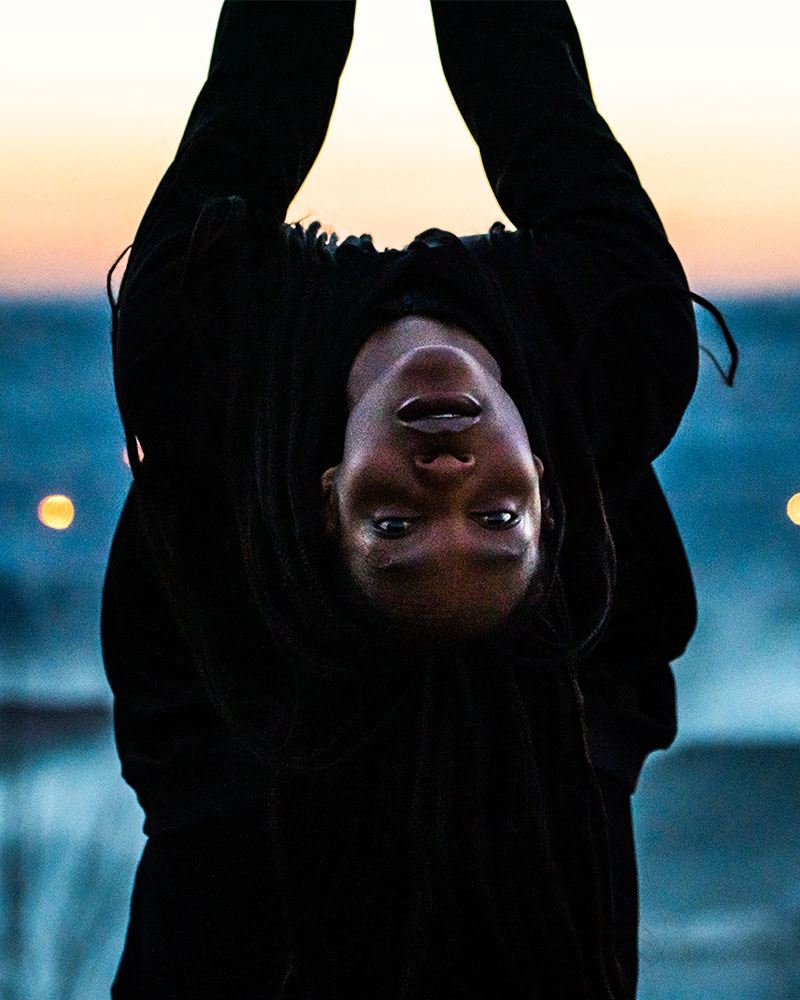
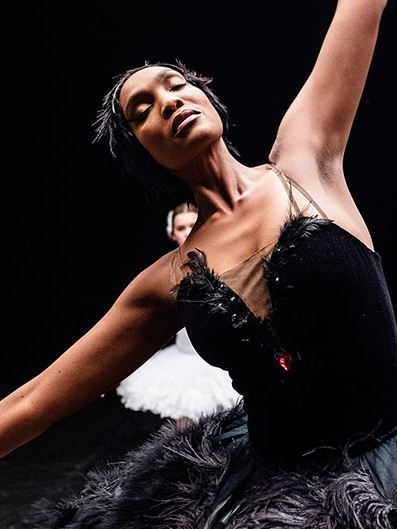
Kyla Philander
I’m the one who took up space
“’Who do you think you are?’ There are so many layers to that question. I’m a femme of colour in the film industry. A person living with mental illness. These aren’t labels that define you. But they are inseparable from your identity as a whole. Anxiety, depression, this is how I was born and it’s how my body works. You can’t wish it away or hide it. That’s what I want people to take from my story – all the facets of your being matter. Don’t hide it, don’t feel ashamed. There will be days when you don’t want to let the light in. Days when all you do is cry. Then there will be times when you’re unstoppable. Be kind to yourself. Your wellness is always a priority. The scene we shot where I’m driving to set in the T-Roc and reading my notes, preparing my mind with all the coping strategies I learned from therapy and loved ones - that scene is my truth. It’s where the real work is and the real reward. Those small moments where you’re able to put one foot in front of the other and trust yourself to make it through to the other side. Those tiny decisions to get up and refocus – that’s who I choose to be.”
Jodi Windvogel
I’m the girl who changed her picture
“As a photojournalist, I was only assigned to soft news beats. It’s a very expensive, physically challenging career. You need the best equipment and to be strong enough to carry it around yourself. The people I worked with weren’t willing to risk sending me out into, ‘dangerous hoods.’ I couldn’t even shoot in my hometown. Everything about me, from my body to my financial means and skin colour – it all seemed like a liability in an industry that didn’t love me back. As a film student, I changed myself to fit in; my hair, my accent. The wealithier kids couldn’t know the world I came from. That scene with the mirrors really captures those insecurities. I’d created so many versions of myself just to be accepted. But it was my own Imposter Syndrome that needed reflection. That’s why inclusivity is central to my work. Growing up, I didn’t see many artists who looked like me. I didn’t even know I could take pictures for a living. After a year, I couldn’t afford the fees at film school so I went to the Cape Peninsula University of Technology. There I met mentors who exposed me to an entire industry shaped by ‘outsiders’. People who accepted themselves, worked with what they had, and influenced the artform. I never want anyone to feel like a subject when I take their picture. I don’t approach people with my camera first. We create the picture together. Sometimes you need to just be seen by another human being. Seen for who you really are.”
Rasta Mpholo
I’m the man who changed his story
“’A Rasta security guard? What were they thinking?’ I’ve been an Assistant Director for 10 years now. But it seems like whatever my job is, I still shock people. Long ago, I sold handmade belts and hats on the street. Many would ask how I made my goods, I’d teach them, but then there’d be no sale. Every morning at 5, I’d be on the same street - building relationships with regular customers. One day, the head of a production company offered me a job as security on set. He said he saw me every morning at sunrise with a smile on my face. They wanted someone they could trust to show up early on set and deal with artists in a professional way. I took the opportunity with open arms, but it was strange at first. Film sets were so busy. Everyone had their role to play in making the picture complete. I was an outsider. Just watching and waiting. I also wanted to create something with them. So I’d help offload costumes, makeup, work in catering – any department that needed more hands. Two years later, the boss told me not to come back to work as their security guard. My heart stopped in that second. I thought they didn’t want me on their team because of my beliefs or my hair. My first thought was that I’d let my wife and daughter down. Everyone was right, a Rasta like me won’t amount to anything. But then the boss said, “From tomorrow you will report on set as Assistant Director.” That was my big break. What would’ve happened if I was lazy or scared? If I didn’t wake up early to sell on the street, I would not have met my destiny. I will always show up. That’s who I am.”
Kuda Vazhure
I’m the man who found his place
“This job is constant, intense pressure. You need to make the hotseat your comfort zone. We manoeuvre the vehicle under precise direction. It takes accuracy, research, thinking and acting with your entire body so that the vehicle reponds exactly the way you want it to. You put all your focus and energy into those tiny movements that end up impacting the whole scene. Cut. Then you do it again. And again. Until it’s flawless. My dad and I would bond over roadtrips from Jozi to the car shows in Durban. We shared a passion for motorsport. That love is what keeps me cool and focussed, even when it feels like my nerves are on fire. That’s why the scene really resonated with me. Even when things heat up, I keep moving forward. When I first hit the local circuits, I faced a lot of sceptisim. Longtime racers wanted to know who this, ‘no name guy’ was. I hadn’t won any titles yet, I wasn’t even a South African driver. Who did I think I was to compete on their level? But my attitude has always been to punch above my weight. Every stunt, every race, even the smaller ones, I pushed myself to deliver. So they wouldn’t ask who I was – but would know me for my skill behind the wheel. Driving is in my blood. That passion is who I am.”
